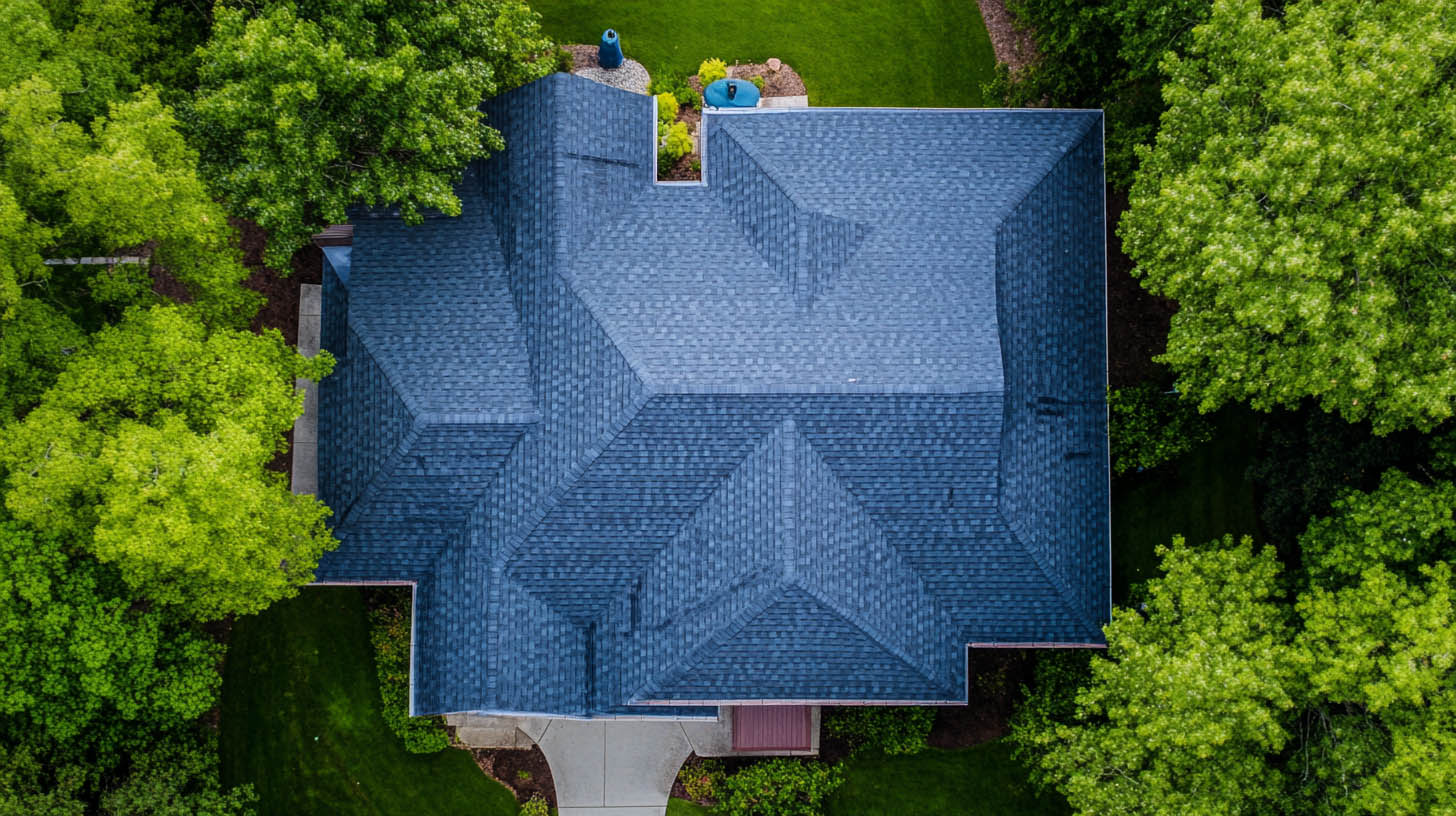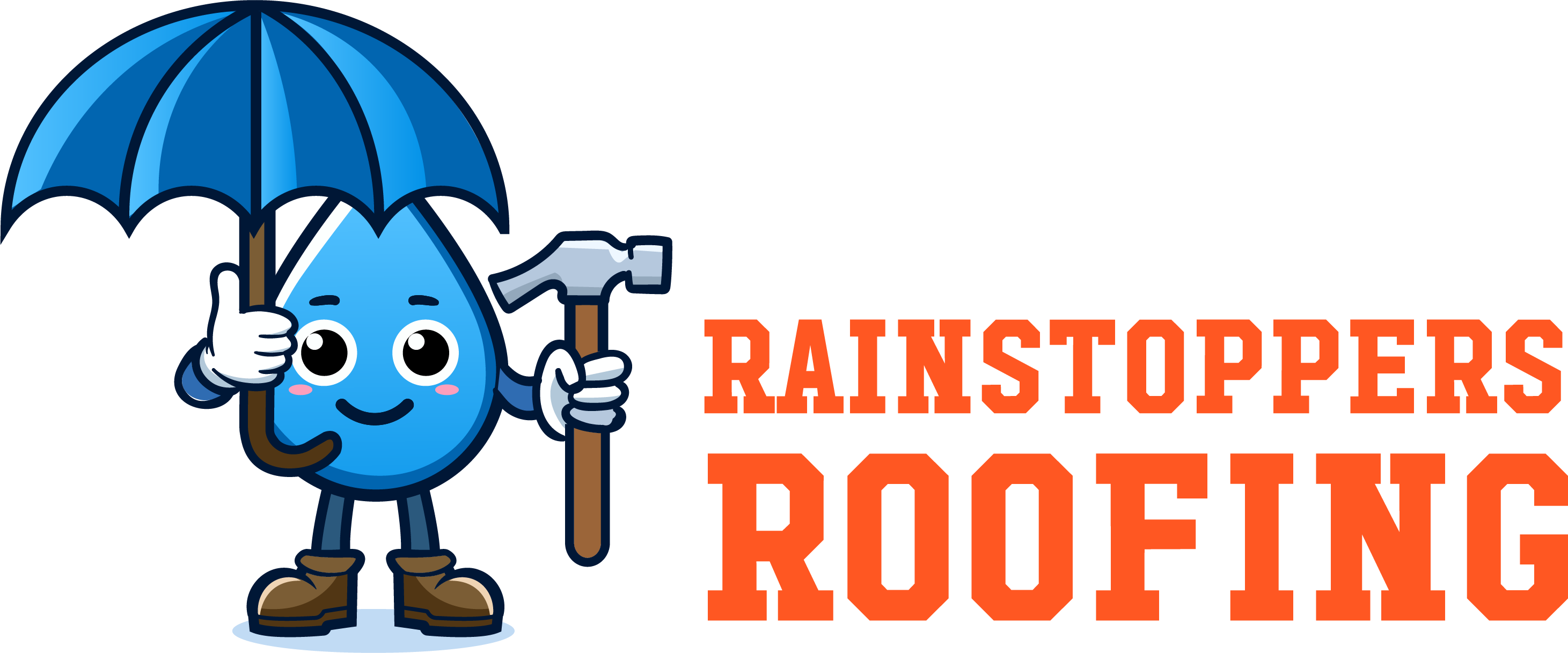
Installing a new roof is a major investment that requires meticulous planning and execution. Beyond the installation, post-installation inspections play a critical role in ensuring the quality and longevity of your roof. Homeowners in Charleston, WV can rely on Rainstoppers Roofing for professional installation and inspection services.
Essential Factors Affecting Roof Installation
1. Material Selection
The type of roofing material determines the overall cost, durability, and aesthetic appeal:
- Asphalt shingles: Cost-effective and widely used.
- Metal roofs: Durable with a lifespan exceeding 50 years.
- Slate tiles: Premium choice with unmatched longevity.
2. Roof Size and Complexity
The larger and more intricate your roof design, the higher the labor and material costs. Features like skylights or multiple angles add to complexity.
3. Labor Costs
Local labor rates significantly influence the total cost. Areas with higher living costs generally have higher labor expenses.
4. Tear-off vs. Overlay
Removing the old roof increases costs but ensures a smoother installation compared to overlaying new shingles.
Steps to Prepare for a New Roof Installation
- Set a Budget: Account for materials, labor, permits, and unexpected expenses.
- Choose Quality Materials: Opting for durable materials saves money in the long run.
- Hire Certified Contractors: Ensure the team is experienced and certified.
- Plan for Inspections: Schedule professional inspections after installation to catch potential issues early.
Importance of Post-Installation Inspections
1. Ensures Quality Control
A thorough inspection verifies that the roofing meets safety and quality standards.
2. Identifies Potential Issues
Inspections reveal hidden problems like improper sealing or leaks before they escalate.
3. Maintains Warranty Validity
Many warranties require periodic inspections to remain valid.
4. Prolongs Roof Life
Routine checks and maintenance extend the lifespan of your roof, saving on replacement costs.
Unique Fact: The National Roofing Contractors Association reports that 5 million new roofs are installed annually in the U.S., underscoring the importance of proper inspections to ensure quality.
What to Expect During a Roof Inspection
Professional inspectors assess:
- Shingles: Checking for cracks, curls, or missing pieces.
- Flashing and Seals: Ensuring water-tight seals around vents and chimneys.
- Ventilation: Evaluating attic ventilation to prevent moisture build-up.
- Structural Integrity: Confirming the roof’s ability to withstand weather conditions.
Tips for a Smooth Inspection Process
- Choose the Right Timing: Schedule inspections after storms or annually as a routine check.
- Prepare Access Points: Clear pathways to the attic and roof.
- Communicate Concerns: Inform the inspector of specific issues you’ve noticed.
- Review Findings: Discuss the inspector’s report to plan necessary repairs.
Conclusion
A well-installed roof is the cornerstone of a safe and energy-efficient home. Post-installation inspections ensure your investment is protected while adhering to warranty requirements. For trusted roof installation and inspection services in Charleston, Rainstoppers Roofing is your go-to expert.
FAQs
Q1: How often should I inspect my roof after installation?
Annual inspections are recommended, particularly after severe weather events.
Q2: What does a roof inspection include?
Inspectors check shingles, flashing, ventilation, and overall structural health.
Q3: Can I perform my roof inspection?
DIY checks are useful for spotting visible issues, but professional inspections are essential for a comprehensive evaluation.For a comparison guide on the best roofing shingles, click here.
